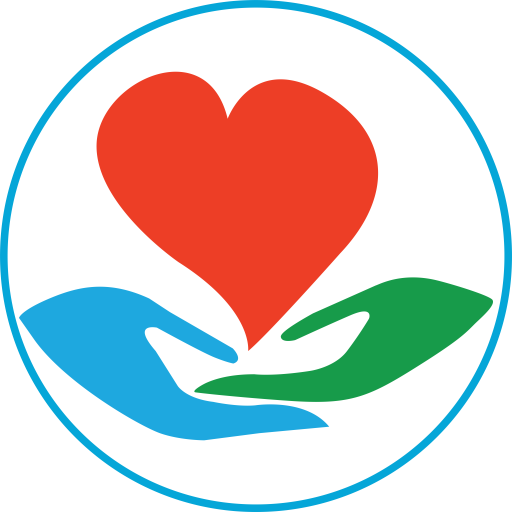Uganda’s youth population continues to face alarming levels of unemployment, underemployment, and educational exclusion. According to the Uganda Bureau of Statistics (UBOS), approximately 26% of Ugandans aged 10 and above are illiterate, with illiteracy rates significantly higher in rural areas and among women and girls (UBOS, 2021). Many children from poor families are unable to enroll or complete school due to poverty, gender barriers, early marriage, and lack of educational infrastructure. As a result, millions of Ugandan youths grow up without basic literacy or employable skills, leaving them unproductive and vulnerable to cycles of poverty.
Even for those who manage to complete formal education, the outlook remains grim. According to Mastercard Foundation (2024), Uganda produces over 700,000 graduates each year, but only 12.9% manage to secure formal employment leaving nearly 90% of degree holders either jobless or stuck in informal, low paying work. This is largely due to a mismatch between academic qualifications and the practical skills demanded by Uganda’s evolving labour market.
As TICO, we target different groups of people including Persons With Disabilities (PWDS), youth, women and teenage mothers. Training in entrepreneurship skills and business management, hair dressing , tailoring fashion and design, liquid soap making, book binding and cookery and bakery among others are the key focus courses in empowering underserved communities. Such practical skills enable beneficiaries to earn a living and become self-reliant. This not only reduces unemployment but also breaks the cycle of poverty.
Our goal is to build lasting capacity for a more sustainable future.

